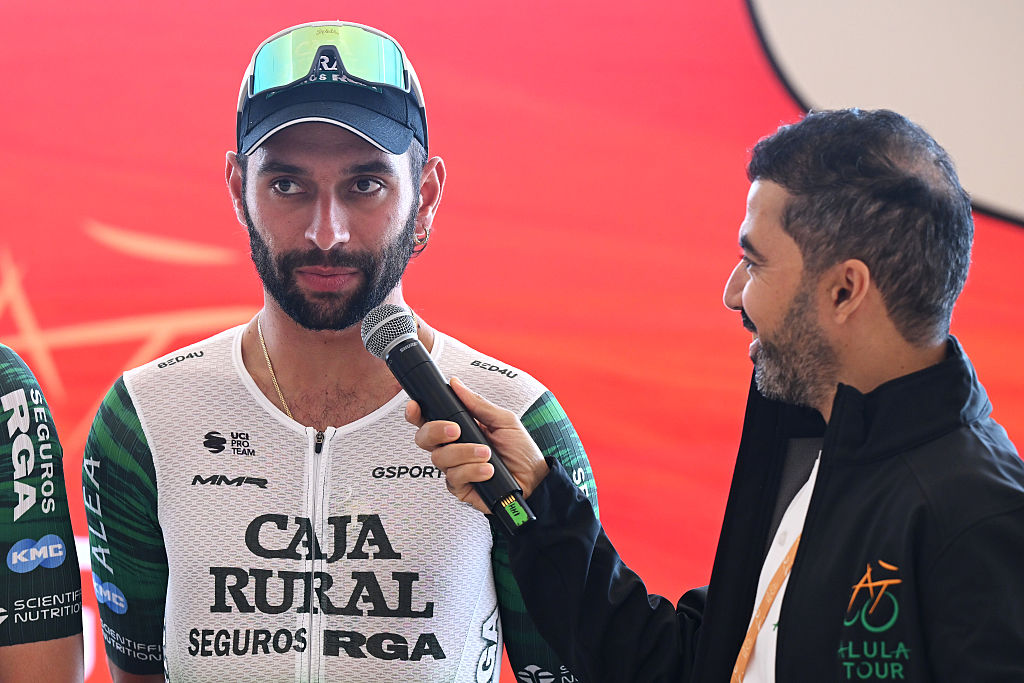Gutierrez: 'I have been hospitalised 11 times because of self-harm'
Spaniard opens up about his problems and suicide attempts in a heart-breaking interview
The latest race content, interviews, features, reviews and expert buying guides, direct to your inbox!
You are now subscribed
Your newsletter sign-up was successful
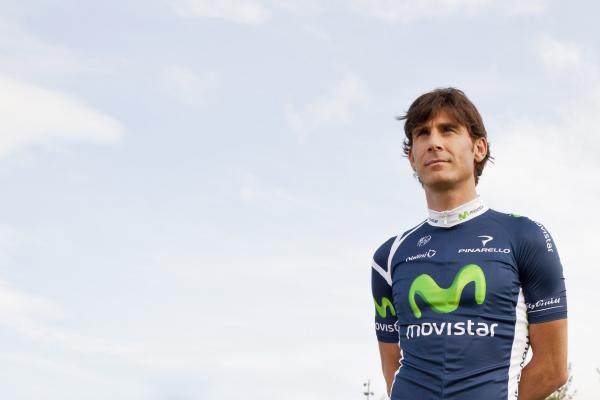
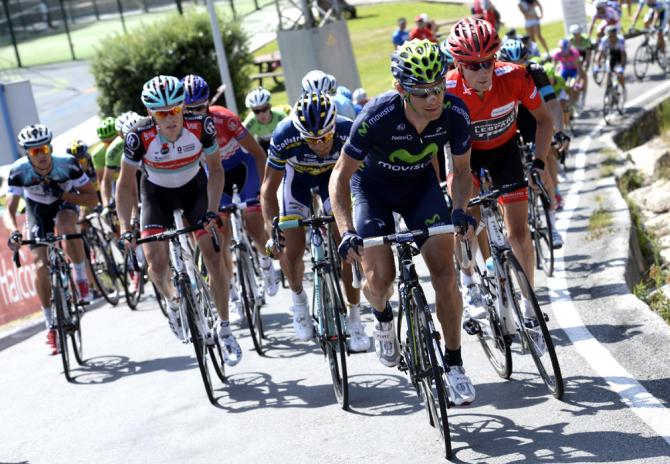
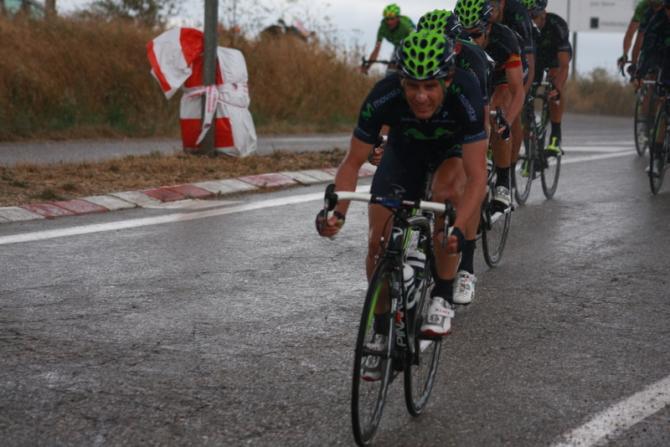
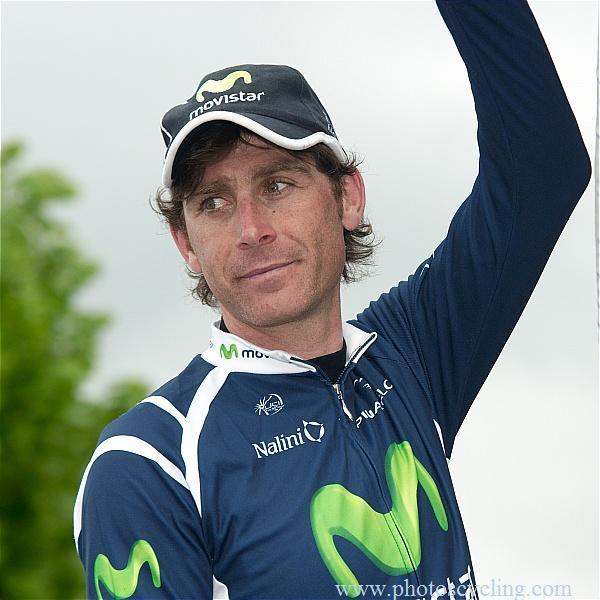
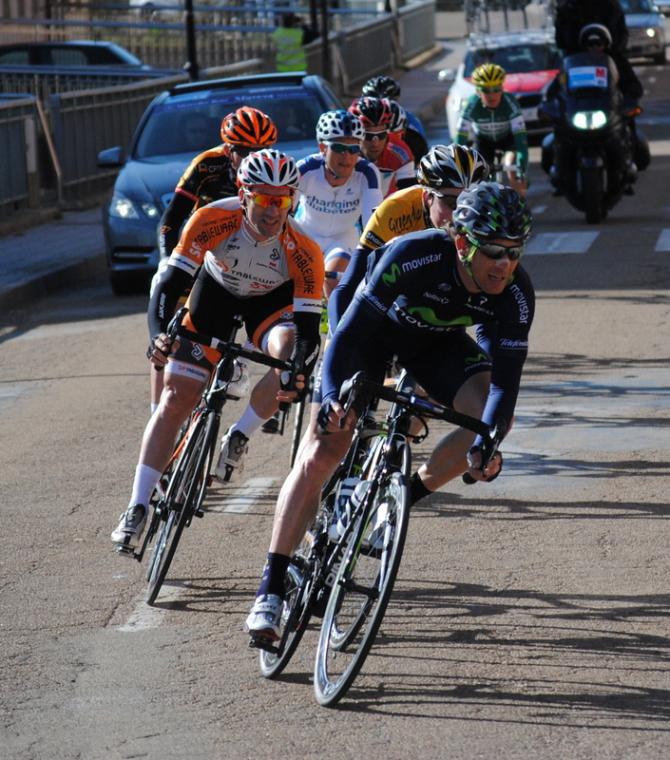
It's been almost 20 years since Iván Gutiérrez came under the spotlight after winning the U23 Road World Championships time trial in Verona in 1999. That rainbow jersey confirmed he was one of Spain's best prospects, bound to be at least a first-class rider. And time told that these forecasts were right. He was crowned national champion six times, won the Eneco Tour twice and, above all, became a solid, reliable domestique for Movistar. It was a respectable, satisfying sporting career until the very end, when it turned into a nightmare.
In 2013, Gutiérrez was 35 and facing his decline. In March, he attempted suicide for the first time. "I didn't know why, but something was wrong in my head. I wasn't happy, I felt I had too much responsibility and cycling was very stressful for me," he said in an interview aired in Spanish radio station Cadena COPE.
"I have been hospitalized 11 times because of trying to hurt myself", he revealed. "I took every pill I had around, first to catch the eye of those around me and later on as serious attempts of killing myself because I couldn't see the way out of my situation."
There were several key points in Gutiérrez's mental downfall. One was stage 9 of the 2013 Tour de France. As Movistar Team provoked one of the biggest attacks in the race's recent history, isolating Chris Froome in an up-and-down stage in the Pyrenees, the Spanish rider abandoned for no apparent reason. "I retired from the Tour de France due to panic. I just wanted to pull out from the race and disappear." He didn't express his concerns at the time. "One can't say out loud he is depressed because his contract can be at stake. I had to make out a lie and tell everybody that I had a very bad day and didn't know why."
Gutiérrez hung up the bike for good after the 2014 Eneco Tour. "I felt that was it for me as a cyclist. I was heavily medicated to hinder my self-destructive ideas, which were recurring and very strong. It got to a point in which I had to take a decision along with Eusebio [Unzué, Movistar's manager]. The most difficult moment of my life came when I had to tell him I was no longer fit to compete. And the worse part is that I couldn't even bid farewell."
Gutiérrez felt that Unzue, who according to the former rider's own words is "optimistic by nature", didn't empathise with his issues. Teammates and staff, on the other hand, did. "But at certain points I needed some Whatsapp message to support me and didn't receive it. I even thought all the efforts I had made for the sake of the team hadn't been worthwhile."
It is not the first time that Gutiérrez has voiced his discontent with how Movistar had treated him after his retirement. On the eve of the 2015 team presentation he published several tweets that read: "I am terribly hurt because I haven't been invited to the presentation of the team that I've called 'home' for years. These are sad days both for my soul and me. I've always been a team player and now it seems I'm no longer part of my 'cycling family'. It is going to be hard to overcome the pain I feel."
The latest race content, interviews, features, reviews and expert buying guides, direct to your inbox!
Speaking at Movistar Team's presentation, Unzué admitted that it was "feasible" that Gutiérrez felt the team was a Whatsapp text too short with him. "The rapport of a team with its rider is no longer the same after he leaves or retires," he elaborated. "Iván is going through a delicate situation a lot of sportsmen have to deal with after quitting. They suffer a dramatic change by leaving the world they have been a part of for years. Adapting back to a common life is not easy. We hope and wish he will recover fully and are there for him whenever he feels he need us."
Things got worse for Gutiérrez after retiring. "I was too medicated and had little energy. I could barely stay on my feet and being unable to practise sport was traumatic for me. At some points I had to be under surveillance to make sure that I was using my medication properly." He had kind words to his girlfriend, "the person who has helped me most."
But, thankfully, a way out of depression opened for Gutiérrez as he found shelter in soccer. The head coach of Racing de Santander, the main football club from his region, gave him a helping hand. "He took me to his place, drove me to the stadium for training and even let me in the dressing room. That way I am reviving everything I lost dramatically when I quit cycling. It is being the best way to heal, the best possible treatment." Nowadays, he trains with the team on a daily basis and acts as an assistant to the team's staff.
Despite this positive development, Gutiérrez is not back in top shape yet. "I have to take a nap of two-three hours every day because I still haven't regained the amount of energy I used to enjoy. I visit the doctor a couple of times every month and will keep medicating myself at least for another two years. The goal is to reduce the amount of medication I need to take daily, but I am afraid I will never be able to drop it completely."
